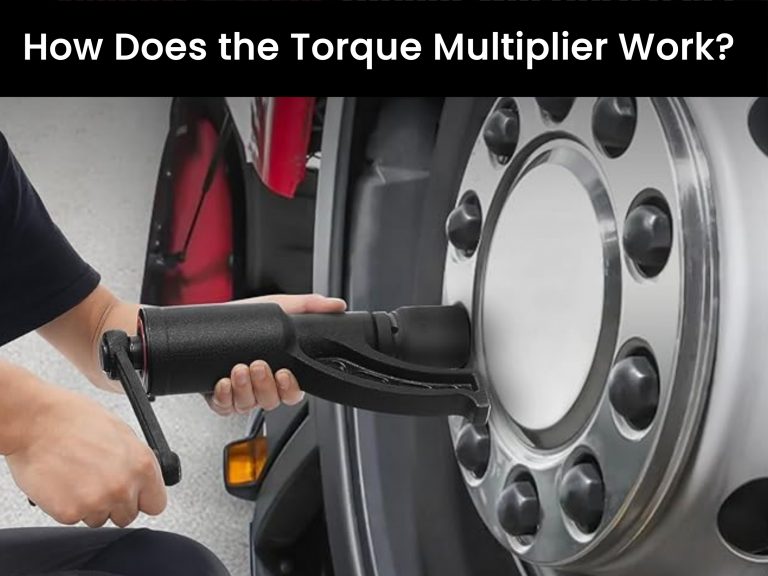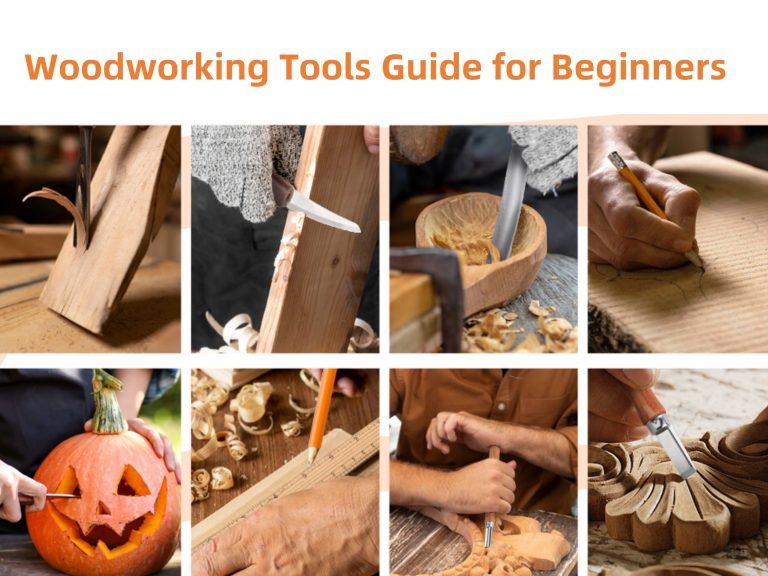Torque wrenches are essential tools used in various industries and mechanical applications to apply a specific amount of torque to fasteners. One crucial aspect of torque wrenches is the teeth numbers, which determine the efficiency and effectiveness of the tool. In this article, we will discuss the advantages and disadvantages of different teeth numbers in torque wrenches.
1. Low Teeth Numbers:
Torque wrenches with low teeth numbers, such as 12 or 24 teeth, provide higher torque output with each click. This means that less effort is required to reach the desired torque value. Additionally, low teeth numbers allow for a faster application of torque, making them suitable for time-sensitive projects. However, these wrenches may have a limited torque range and may not be as accurate as those with higher teeth numbers.
2. High Teeth Numbers:
Torque wrenches with higher teeth numbers, such as 48 or 72 teeth, offer a smoother operation due to the smaller angle of engagement between the teeth. This allows for more precise torque application, especially in tight spaces. The smaller teeth also reduce the risk of slippage and provide better control during use. However, torque wrenches with higher teeth numbers may require more effort to reach the desired torque value, and the torque application process may take longer.
3. Versatility:
Torque wrenches with adjustable teeth numbers provide versatility in terms of torque range and application. These wrenches usually have a selector switch or a set of interchangeable heads, allowing users to adjust the teeth numbers according to their specific needs. This versatility makes them suitable for a wide range of projects, from light-duty to heavy-duty applications. However, adjustable torque wrenches may be more expensive and require additional maintenance compared to fixed teeth number wrenches.
When choosing a torque wrench based on teeth numbers, it is important to consider the specific requirements of the task at hand. For applications where speed is crucial, a torque wrench with low teeth numbers may be more suitable. On the other hand, if precision and control are essential, a torque wrench with high teeth numbers would be a better choice. Additionally, the torque range, durability, and ease of use should also be taken into account.
The teeth numbers of torque wrenches play a significant role in their performance and usability. Low teeth numbers provide higher torque output and faster application but may have limited torque range and accuracy. High teeth numbers offer smoother operation, better control, and more precise torque application but may require more effort and time. Adjustable teeth number torque wrenches provide versatility but may be more expensive. Therefore, it is crucial to consider the specific requirements of the task when selecting a torque wrench based on teeth numbers.



